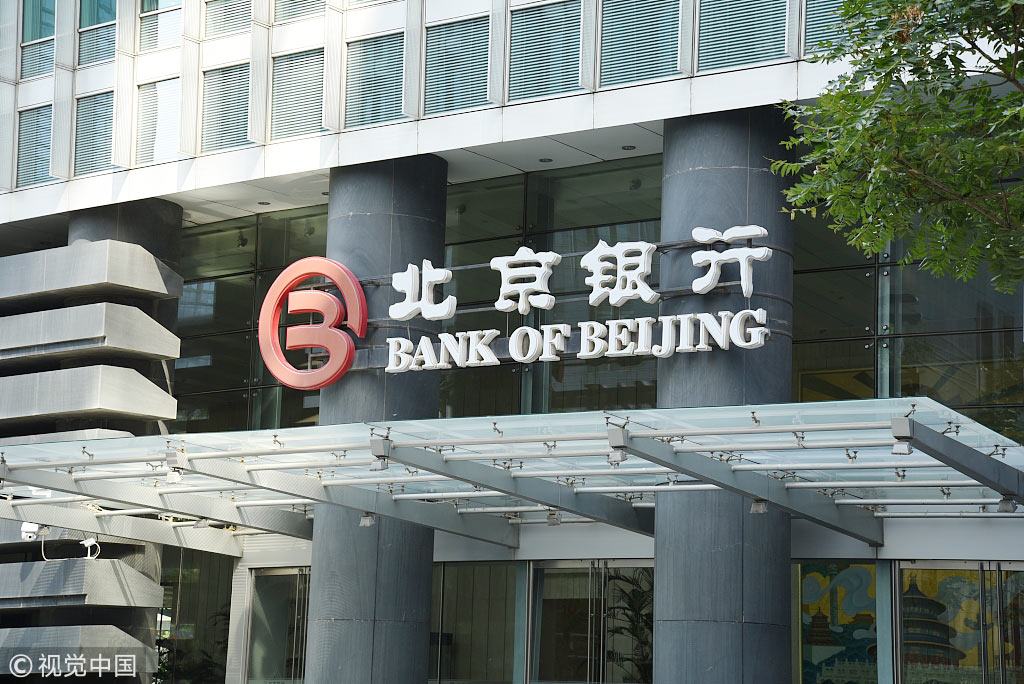(ATF) – Xinhualian issued an announcement on the Shanghai Stock Exchange on March 9 to say its parent company Xinhualian Holdings could not pay 1-billion yuan in principal and interest on its bond debt, which constitutes a substantial default.
The 130-billion-yuan construction company said the default was caused by “severe force majeure” due to Covid-19 epidemic. The company’s tourism, commercial retail, scenic sports management, hotels, restaurants, oil trading and other businesses suffered severe damages, losing more than 6 billion yuan in February alone.
The firm said repayment of loans and bonds led to continuous cash outflows and extremely tight liquidity. As of March 6, the company failed to pay bonds in full in accordance with issuance agreements.
On the same day, the Bank of Beijing announced that Xinhualian had reduced its holding in the bank by 260 million shares (1.2%) through block transactions, sold at an average price of RMB 5.34 per share. With this, Xinhualian generated about 1.391 billion yuan in capital. After Xinhualian reduced its holdings, it still holds 4.53% of equity in the bank.
On December 25, 2019, the Shenzhen Stock Exchange also inquired about an overdue debt of 280 million yuan owed by financial company affiliated to Xinhua Lianwenlv Holding Co Ltd’s controlling shareholder, “Xinhua Lian Holding Co Ltd.” The exchange was concerned about Xinhua Lian’s solvency.
Since the end of 2019, Xinhualian Holdings has suffered continuous exposure to risk.
Su Bo, the chairman of Xinhua Lianwenlv, who has been in office for less than one year, was taken away by authorities investigating a case of suspected bribery. Hunan Publishing filed a lawsuit and applied for a property seizure order because Xinhualian failed to repay the 300 million yuan in borrowings. This led to all Xinhualian shares being frozen.
Sina Finance said the debt being serviced by Xinhualian Holdings – to support the running of the 130-billion-yuan business empire – is nearly 100 billion yuan.
READ MORE: PBOC warns banks their interest rates are too high
READ MORE: Car sales tipped to drop by 8% with more pain likely
























